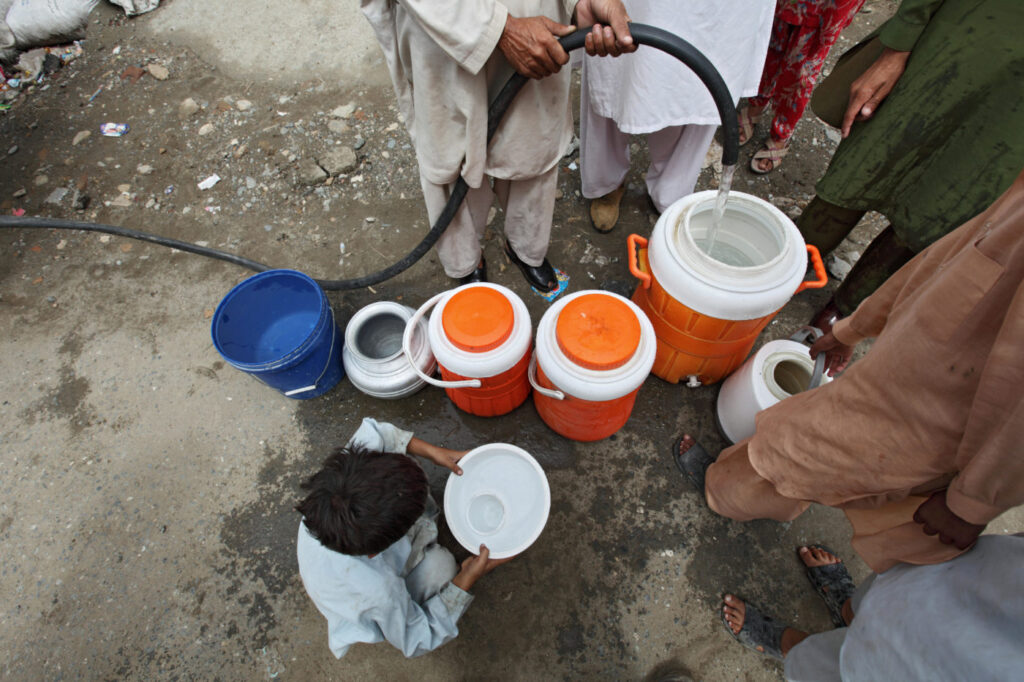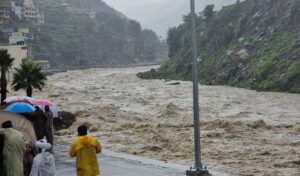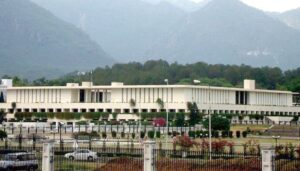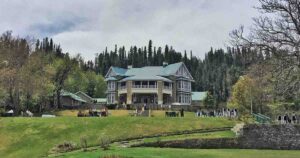PESHAWAR: In Khyber Pakhtunkhwa, a province where agriculture is the backbone of the economy, climate change is emerging as a pressing challenge—not only for the environment but also for the region’s financial stability. The provincial government has recognized climate change in Khyber Pakhtunkhwa as a serious concern, with the potential for long-term economic repercussions.
Read More: Decline of Sugarcane and Beet in Khyber Pakhtunkhwa
According to a report of provincial finance department, the floods of 2022 highlighted the vulnerability of the region. The province’s infrastructure suffered a loss of 121bn rupees (432mn US dollars), while recovery efforts drained an additional 19bn rupees (67.85mn US dollars) from the development budget. These costs are a reminder of the increasing financial strain posed by climate-related disasters.
The agricultural sector, which supports more than 80% of the population, is particularly affected by climate change in Khyber Pakhtunkhwa. Farmers are facing a rise in unpredictable weather patterns, including heavy rainfall, floods, and landslides, all of which threaten their livelihoods and food security. What was once a reliable source of income is now at the mercy of shifting climate patterns.
Read More: Pakistan’s Water Reserves Drop to Critical Levels Amid Dry Winter
In response, the provincial government has initiated measures to mitigate the effects of these natural disasters. Flood warning systems have been installed, and emergency response centers are in place to provide immediate assistance. However, experts are emphasizing the need for long-term solutions—especially the adoption of infrastructure projects that are built with resilience to climate impacts in mind.
As climate change in Khyber Pakhtunkhwa continues to challenge the province’s economic stability, the hope is that future development will prioritize sustainability and preparedness, ensuring that the region is better equipped to handle the uncertainties of a changing climate.













